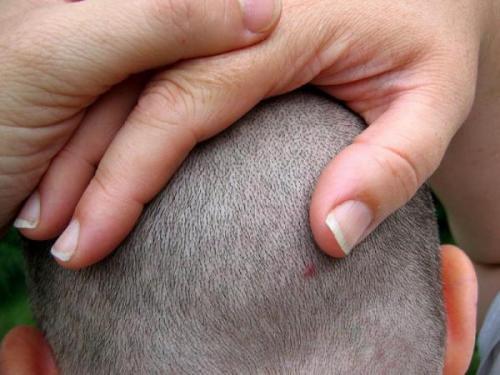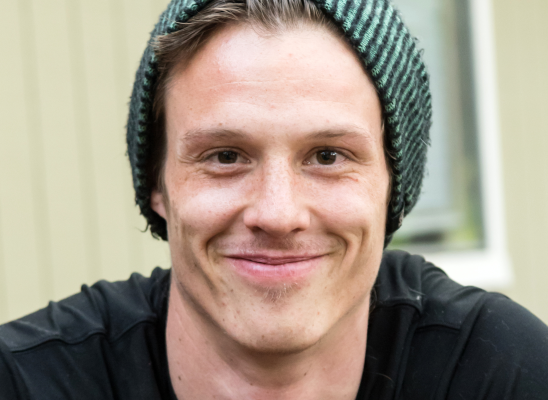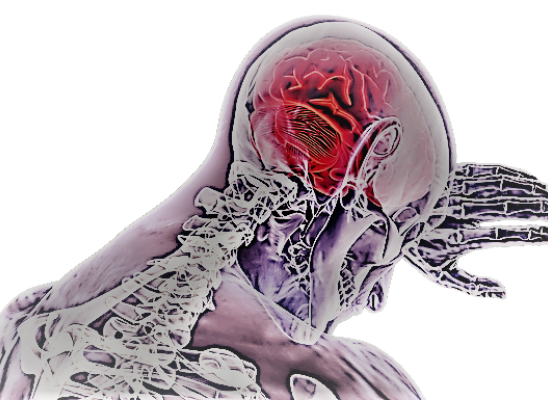Trichotillomania Help

Online test
Find out the severity of your symptoms with this free online test
If you are a hair puller and are feeling concerned that your behaviour is more than just a bad habit, you have no doubt searched for answers on the web and come across the term trichotillomania. It can be scary to read up on a condition and find yourself relating to all the signs and symptoms of a clinical disorder. The key is that if you suspect you have a clinical diagnosis of any sort, is to seek professional help for a formal diagnosis. The unfortunate reality though is that there is still very limited awareness about trichotillomania and all other body-focussed repetitive behaviours (BFRBs), and so these conditions often go undiagnosed. In a similar vain, even if you are certain you have trichotillomania your local health professional may not be qualified or experienced enough to help you manage or treat the disorder.
So where do I get more information?
Fortunately the BFRB community have been advocating and raising awareness about trichotillomania and other BFRBs rigorously for the past decade. Clinical research has played a fundamental part in increasing awareness of the condition within the medical fraternity. Incidentally the more the general public become aware of the existence of trichotillomania as a formal clinical diagnosis, the more sufferers with trich have the confidence to express their concerns and seek help and information. This leads to increased rates of diagnosis, which in turn improves chances for research funding, and hence continues a positive cycle of increased awareness and development of treatment options. Organisations such as the Trichotillomania Learning Centre (TLC) have played a significant role in bringing the hair pulling disorder community together for combined lobbying and advocacy efforts. Since TLC's inception, an abundance of websites such as this one, as well personal blogs and YouTube channels have come into existence offering support, information and sharing of personal experiences with the web community. TLC also provides an abundance or useful links and a directory of professionals and service providers who are experts in the field of BFRBs or trichotillomania in particular.
What type of help is available?
The Trichotillomania Learning Centre, besides providing information of relevant service providers, also offers services themselves. These include training for the therapeutic community, helping you find, start or maintain support groups or online community forums, as well as keeping the trich community updated and informed about the latest news, publications, events, and advances in research in the field of BFRBs. TLC also hosts educational events throughout the US, where the aim is not only to provide information, but also to provide an opportunity for participants to participate in self development workshops, to connect with other trichotillomania sufferers and to gain hope by hearing personal success stories from speakers at the conference. It is therefore highly recommended for anyone wanting to find out more information about trichotillomania, or for those who feel isolated and alone because of this condition, to attend one of these events.
Treatments for trichotillomania
Ongoing research is imperative to develop effective treatment options for trichotillomania. As with all other mental disorders, trichotillomania is highly individual in its presentation and therefore treatment should be tailored to the individual's needs. There are a variety of treatment modalities and therapeutic frames of reference t/treatment/prohat can be useful in treating trichotillomania and it is important to remember that what works for one person may not work for the next. The most commonly used treatments for BFRBs in general are Cognitive Behavioural Therapy (CBT), including Habit Reversal Training (HRT) and Acceptance and Commitment Therapy (ACT). Pharmacologically the use of Serotonin Re-Uptake Inhibitors (SRIs) are also commonly used. While medication can show improvement, the effects are often not long lasting resulting in frequent relapse.
Other therapies include hypnotherapy, supported coaching, alternative holistic therapies like homeopathy and acupuncture, and dietary changes and supplements. Self-help books, online therapy (like ours), and community forums are also commonly used and have been seen to be effective. Some of the skills learned in therapy and self-help literature is: mindfulness, relaxation, meditation and deep breathing techniques. Emotional regulation is also deemed by experts as a pivotal skill for effective treatment of BFRBs including trichotillomania.

A holistic approach
Although it is the individual who suffers with the condition, and often feels isolated, trichotillomania can also have a ripple effect on, and therefore cause distress for the whole family. It is thus important that the person challenged by hair pulling disorder be treated holistically within the context of his or her environments by combining therapy with a network of emotional support. Family therapy should be considered in developing the appropriate support systems as family members can feel powerless to help their loved one suffering with this condition. Family therapy is also particularly helpful when the person with the disorder is still a child. Often people with trichotillomania suffer in silence for fear of rejection and because of feelings of guilt and shame. However, sharing ones experience can prove to be advantageous in garnering the support of friends and family. One such example is the case of a young lady, Katherine Paris, who was diagnosed with trichotillomania at age 12. Katherine was feeling increasingly alienated from her peers until she decided to share her experiences openly with trichotillomania on her YouTube channel. Since then she has had an overwhelmingly positive response from her peers and the broader online community at large. Having the support of people who care about you can improve your chances for successful treatment and recovery.
Online test
Find out the severity of your symptoms with this free online test
Start your journey with TrichStop
Take control of your life and find freedom from hair pulling through professional therapy and evidence-based behavioral techniques.
Start Now



